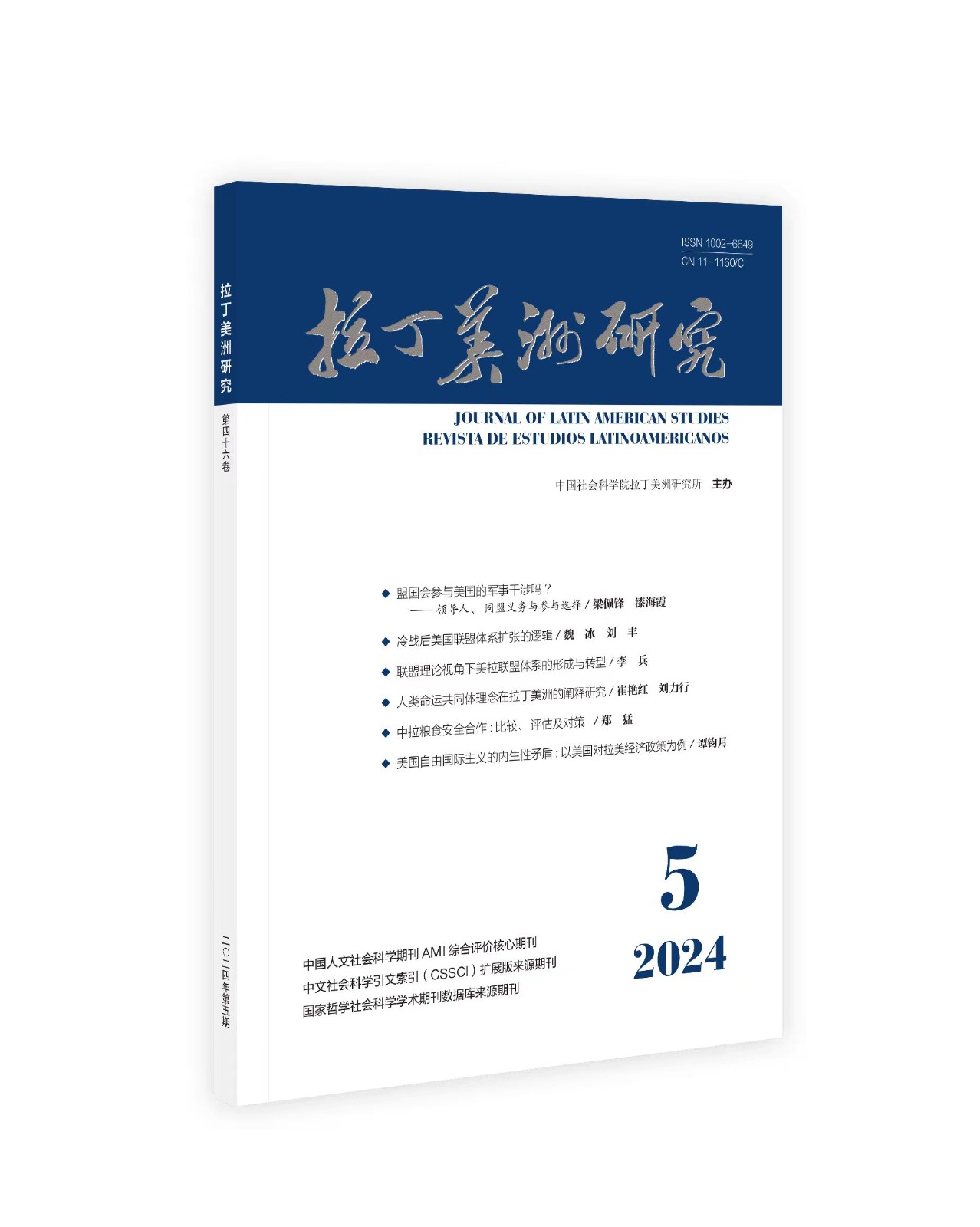黑帮之后:尼加拉瓜的抵抗、暴力和职业选择
IF 0.7
2区 历史学
Q2 AREA STUDIES
引用次数: 0
摘要
帮派被广泛认为是造成拉丁美洲,特别是中美洲地区暴力事件频发的主要原因。然而,与此同时,绝大多数加入帮派的人也会离开,据推测,他们会变得不那么暴力。话虽如此,这种“戒断”过程背后的机制还没有被很好地理解,也不是个人后帮派轨迹的决定因素,部分原因是帮派戒断倾向于被视为一个事件而不是一个过程。根据在尼加拉瓜首都马那瓜的贫困社区barrio Luis Fanor Hernández进行的长期人种学研究,以及更具体地说,一组“原型”帮派成员的生活历史,说明了前帮派成员的职业选择,本文提供了一个纵向的视角来研究抵抗及其后果,具体提到了个人继续参与暴力(或不参与暴力)的决定因素。本文章由计算机程序翻译,如有差异,请以英文原文为准。
After the Gang: Desistance, Violence and Occupational Options in Nicaragua
Abstract Gangs are widely considered major contributors to the high levels of violence afflicting Latin America, including in particular Central America. At the same time, however, the vast majority of individuals who join a gang will also leave it and, it is assumed, become less violent. Having said this, the mechanisms underlying this ‘desistance’ process are not well understood, and nor are the determinants of individuals’ post-gang trajectories, partly because gang desistance tends to be seen as an event rather than a process. Drawing on long-term ethnographic research carried out in barrio Luis Fanor Hernández, a poor neighbourhood in Nicaragua's capital city Managua, and more specifically a set of ‘archetypal’ gang member life histories that illustrate the occupational options open to former gang members, this article offers a longitudinal perspective on desistance and its consequences, with specific reference to the determinants of individuals’ continued engagement with violence (or not).
求助全文
通过发布文献求助,成功后即可免费获取论文全文。
去求助
来源期刊

拉丁美洲研究
Multiple-
CiteScore
1.60
自引率
0.00%
发文量
3870
期刊介绍:
Journal of Latin American Studies presents recent research in the field of Latin American studies in economics, geography, politics, international relations, sociology, social anthropology, economic history and cultural history. Regular features include articles on contemporary themes, specially commissioned commentaries and an extensive section of book reviews.
 求助内容:
求助内容: 应助结果提醒方式:
应助结果提醒方式:


